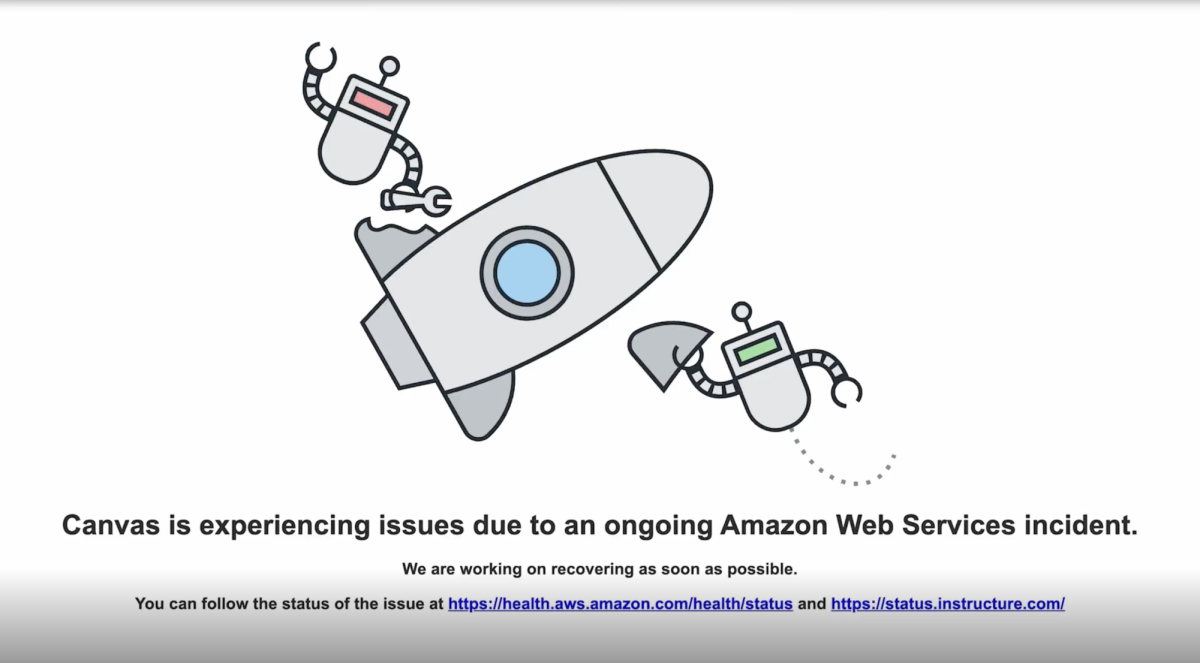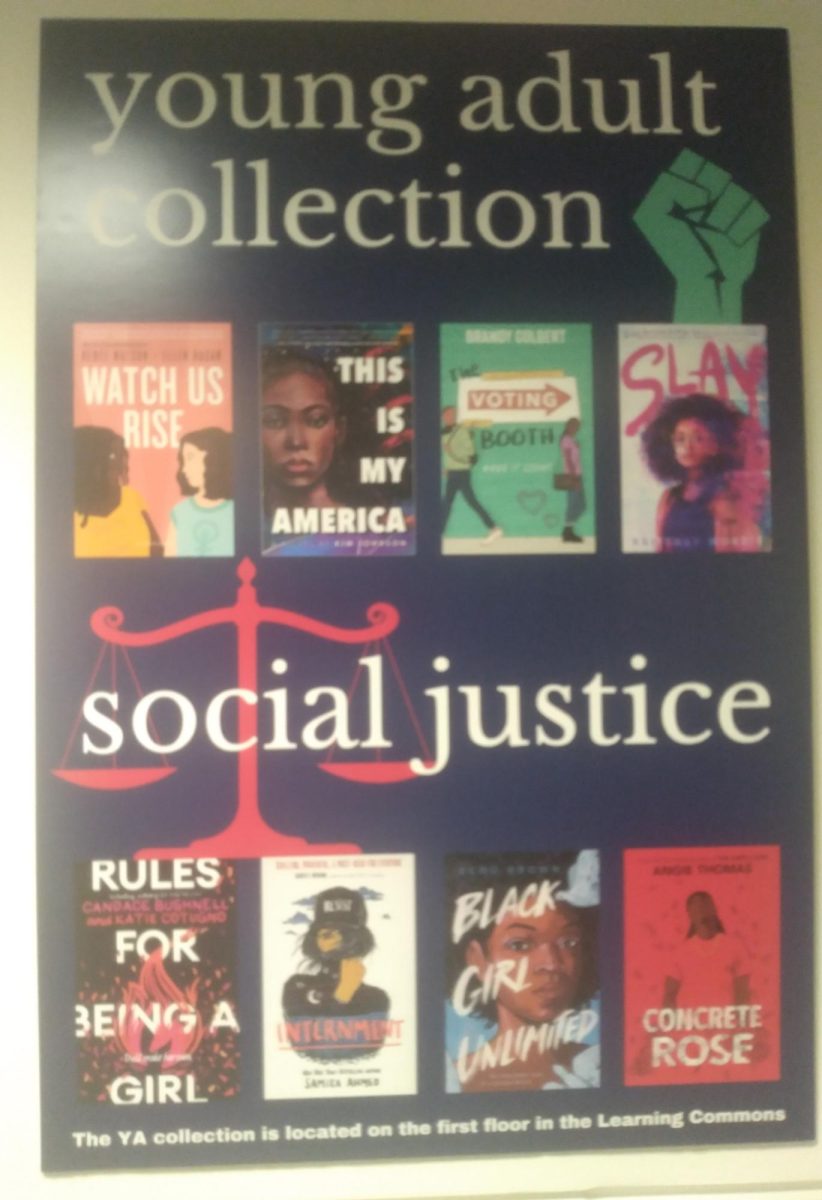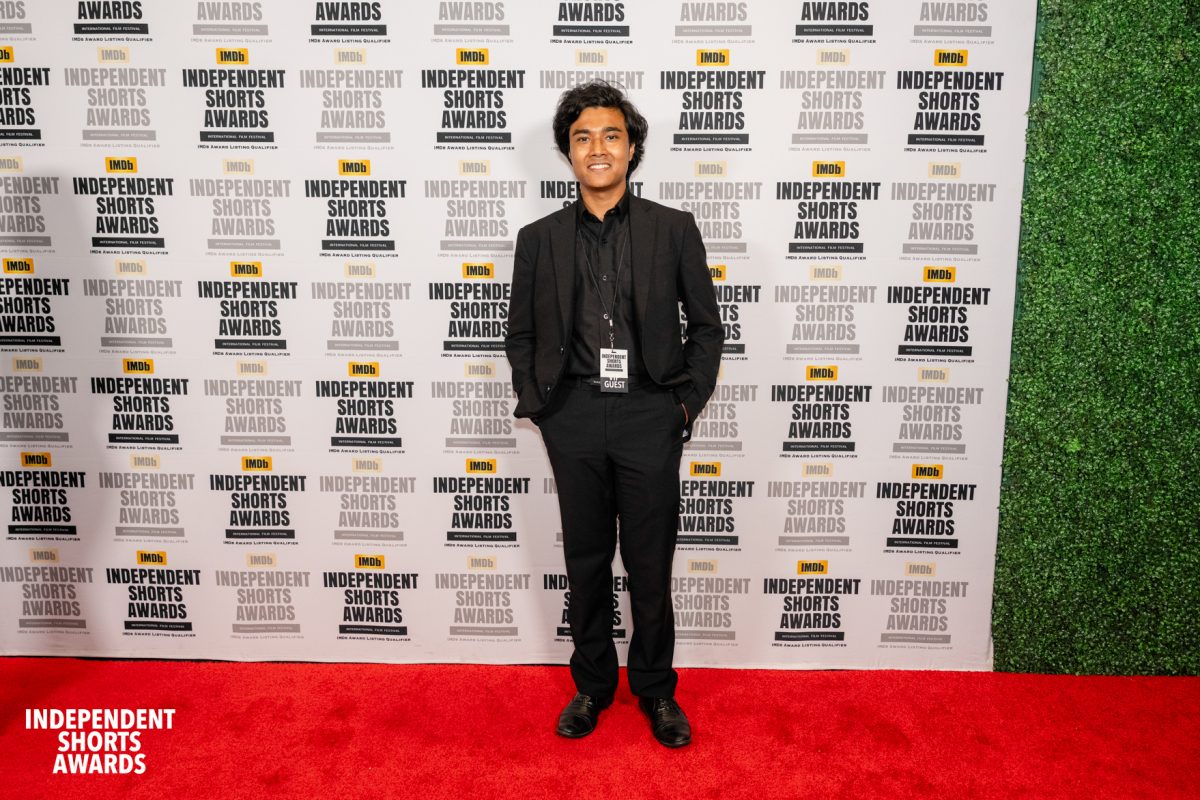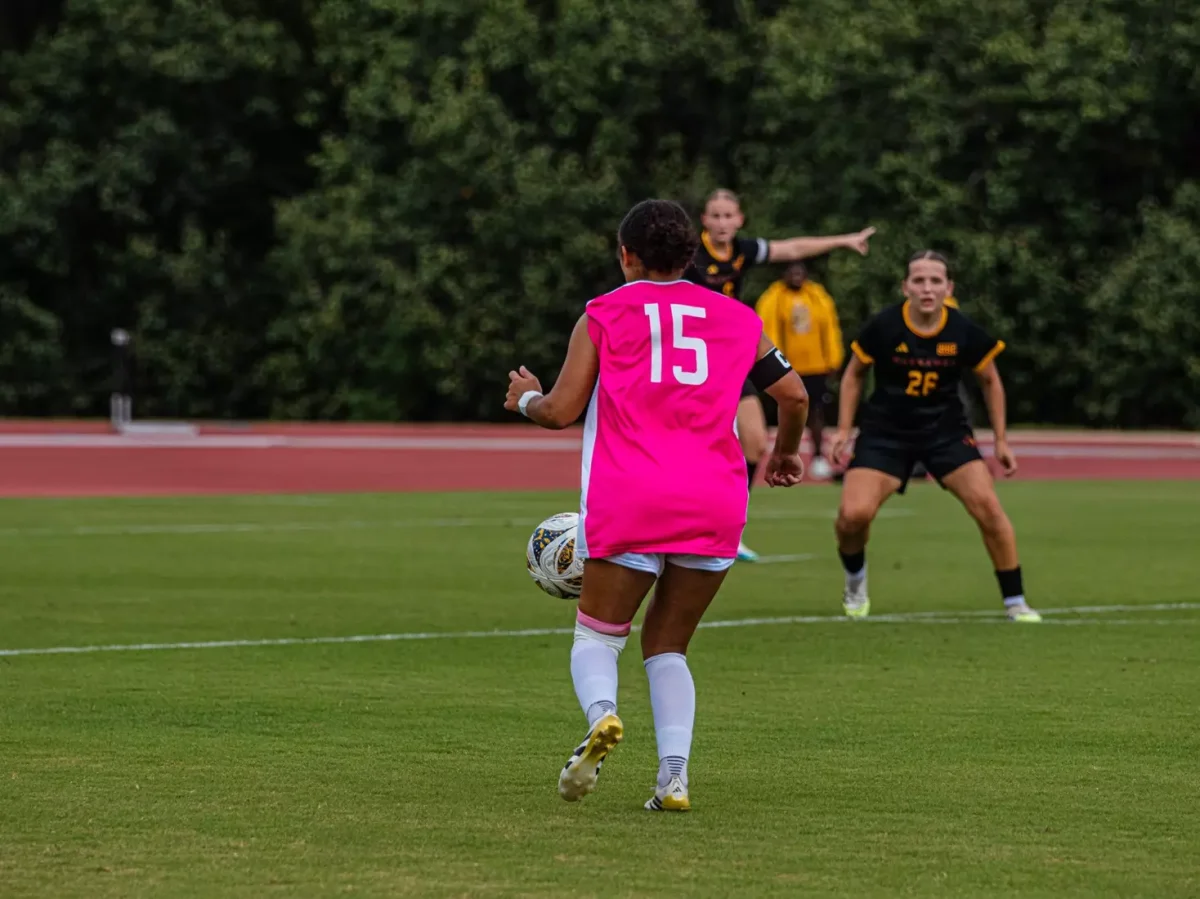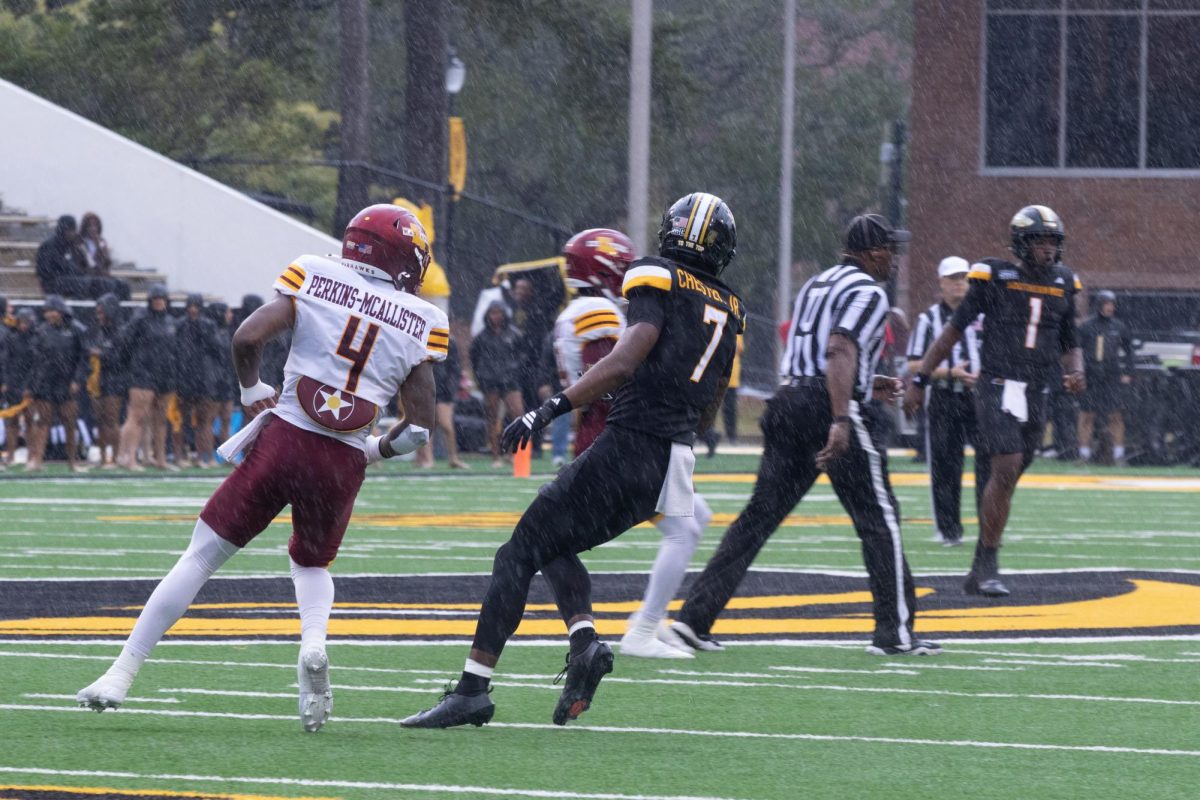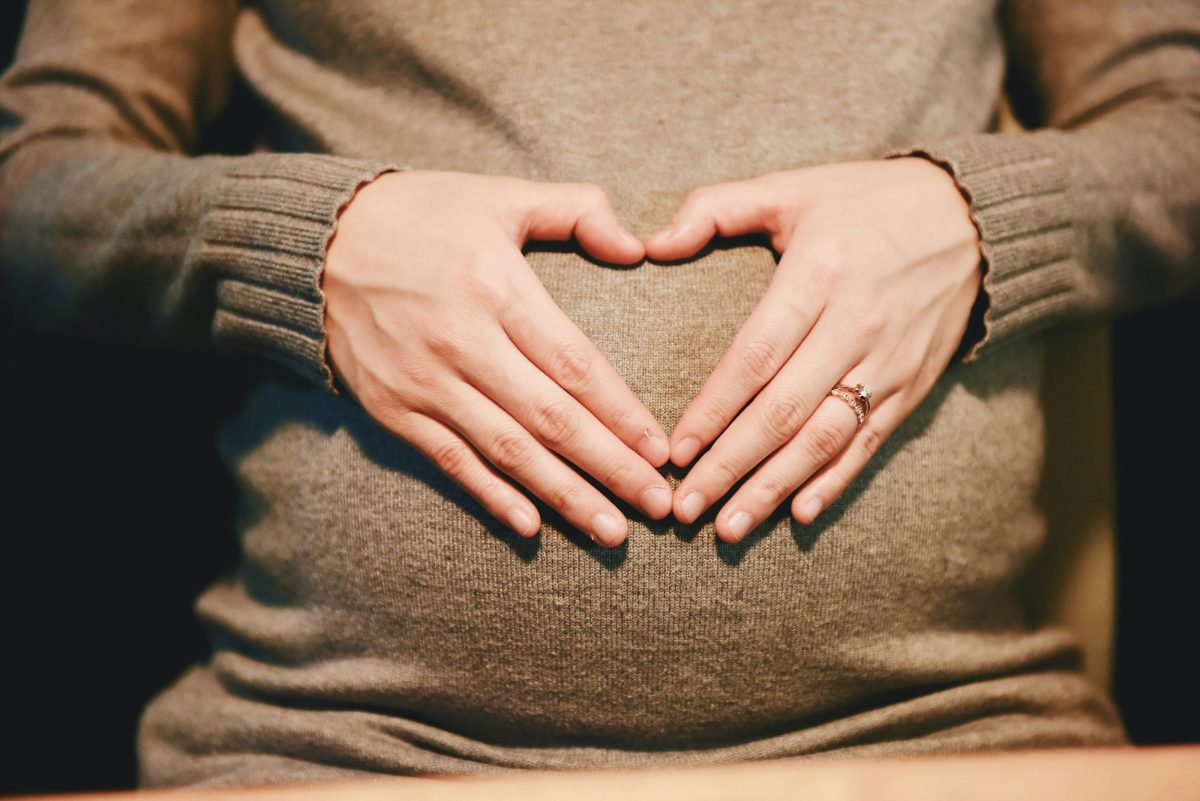Source: https://unsplash.com/photos/person-holding-belly-photo-NIZeg731LxM
Last week, Alabama’s supreme court ruled that unfertilized embryos were legally children. The decision put a spotlight on the impact of the U.S. supreme court’s overturning of abortion rights.
The Alabama ruling stems from three couples suing a fertility clinic after someone accidentally dropped their embryos on the ground, destroying them.
The Alabama supreme court ruled that embryos are legally children and therefore protected by the state’s Wrongful Death of a Minor Act.
When the news broke, in-vitro fertilization treatments paused across the state. Clinics and hospitals feared that they could be violating the law.
How did it get to this point? Many point to the 2022 Supreme Court ruling in Dobbs v. Jackson Women’s Health. The ruling ended federal protections for abortion access, meaning that state’s decide if abortion is legal and under what terms.
Many legal experts and reproductive rights advocates fear the ruling in Alabama could set a precedent for other states to follow.
Many fear that Mississippi could be one of them. After the Dobbs ruling, Mississippi’s trigger ban on abortion went into effect. Abortion is illegal statewide except to in cases of rape, incest, or to save the life of the pregnant person. The state’s last abortion clinic, Jackson Women’s Health Organization, shut down in 2022.
Mississippi Attorney General Lynn Fitch has an anti-abortion track record. She led the supreme court case Dobbs v Jackson Women’s Health, which ended federal protections for abortion. She’s also argued that state investigators should be given information about people who travel out of state to receive abortions and gender-affirming care.
Since the state’s abortion ban, Governor Tate Reeves promised to pass measures that would support parents and children. However, critics argue that these measures aren’t enough to address systemic issues for families, nor are they accessible to everyone who needs them.
Former social worker and dean of the college of health Dr. Michael Forster doubted that such a thing would happen, pointing to the confusion it caused among conservatives. However, he argued that the decision was part of a concerning rightward shift in politics.
“It is part of a continuing assault on women’s reproductive rights, unquestioningly,” he said.
Social work graduate student and music therapist Tessa Lichtenhan pointed out the difficulties the Dobbs ruling has had on social workers.
“We have far fewer options, and we have a lot of legalities to work around,” she said.
IVF is a multi-step process. A team of professionals use hormones to stimulate the uterus to produce more eggs. A doctor then takes the eggs from the patient’s uterus and fertilizes them with a partner’s or donor’s sperm. After a few days, the eggs divide and are implanted into a patient’s or donor’s uterus.
It is common for some eggs to be unviable. Unused eggs can either be discarded, frozen, or repurposed for research. Hence why many doctors feared that this common practice could land them criminal charges.
Since the ruling, many lawmakers started working to reverse it. Both chambers of Alabama’s state legislature passed bills to protect doctors and patients from legal liability if an embryo dies or gets damaged. Congress introduced a federal bill to protect IVF, but Republican Senator Cindy Hyde-Smith blocked it.





